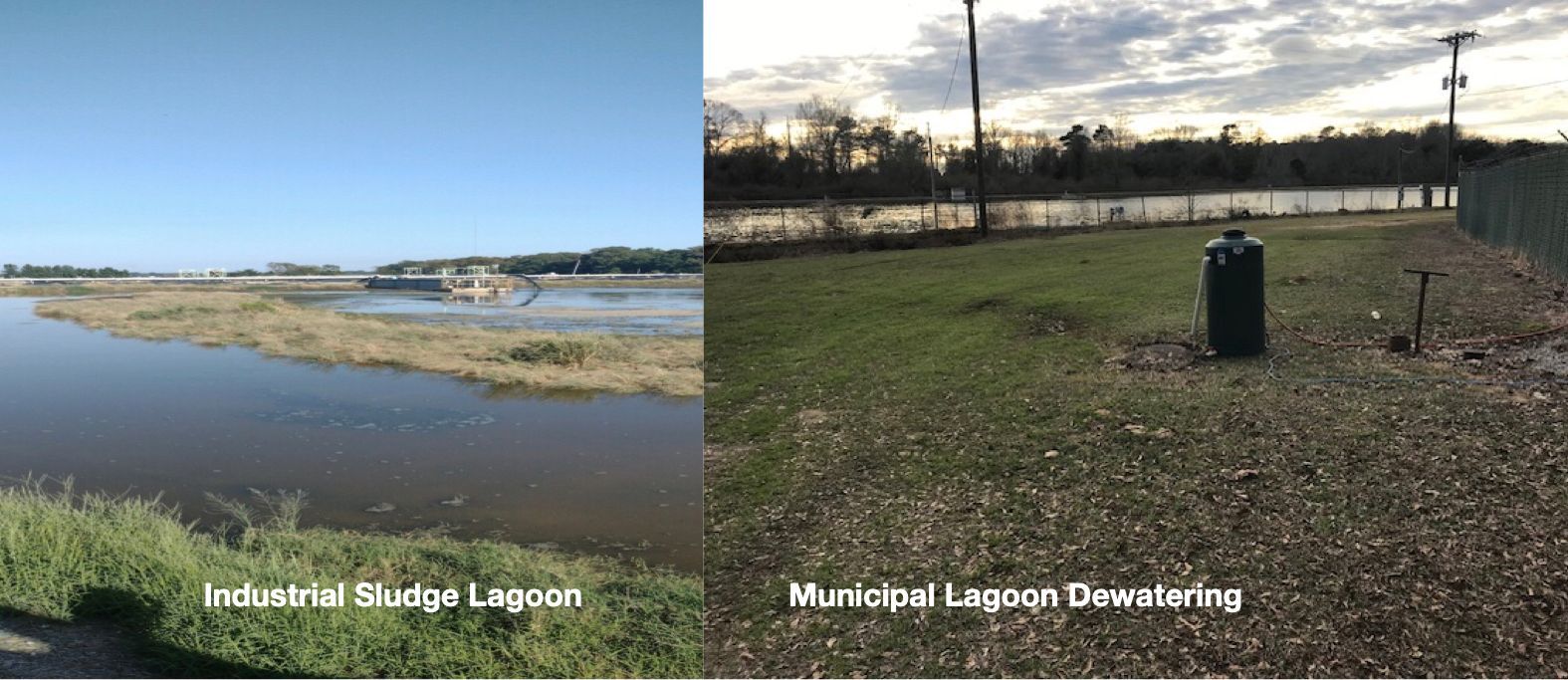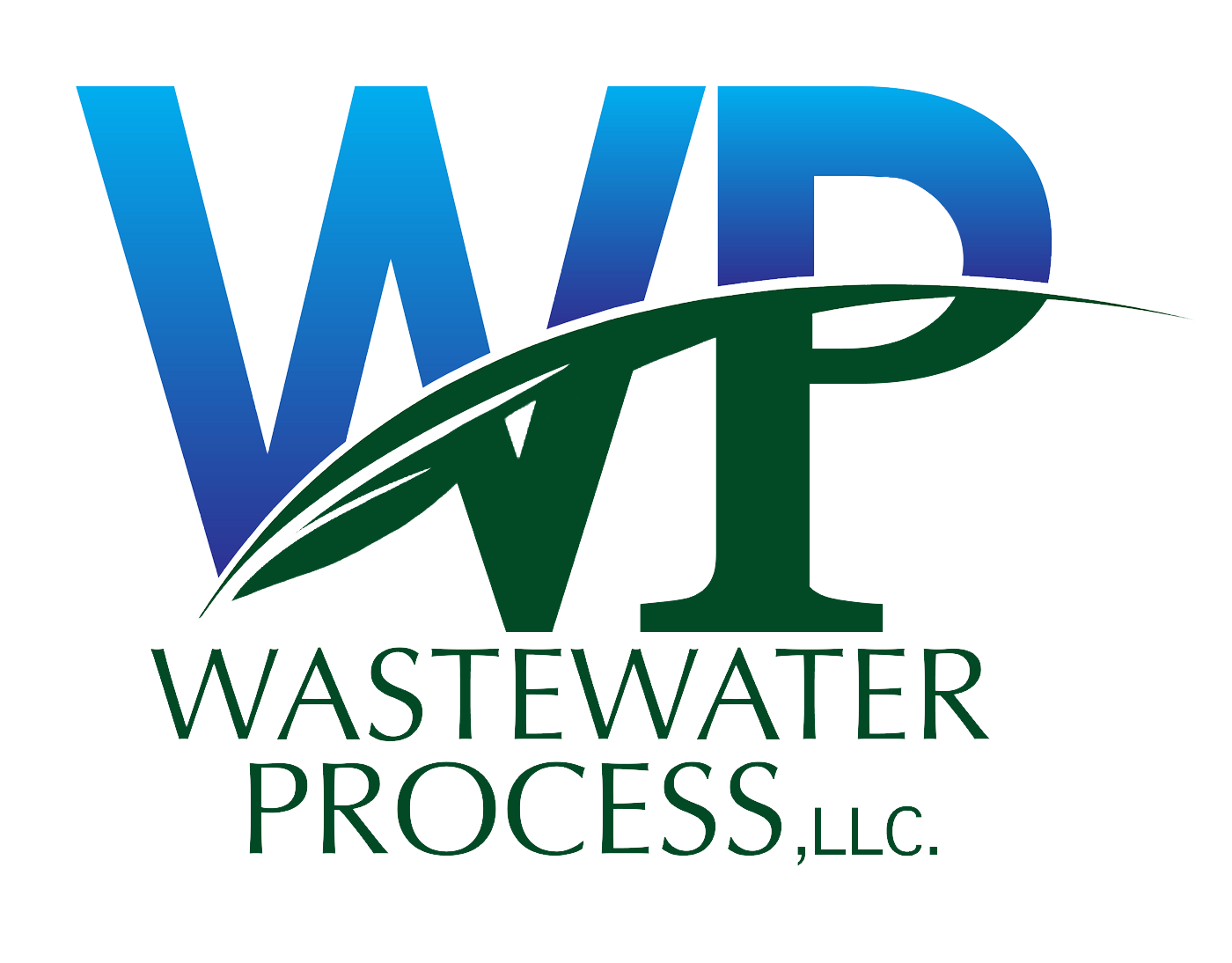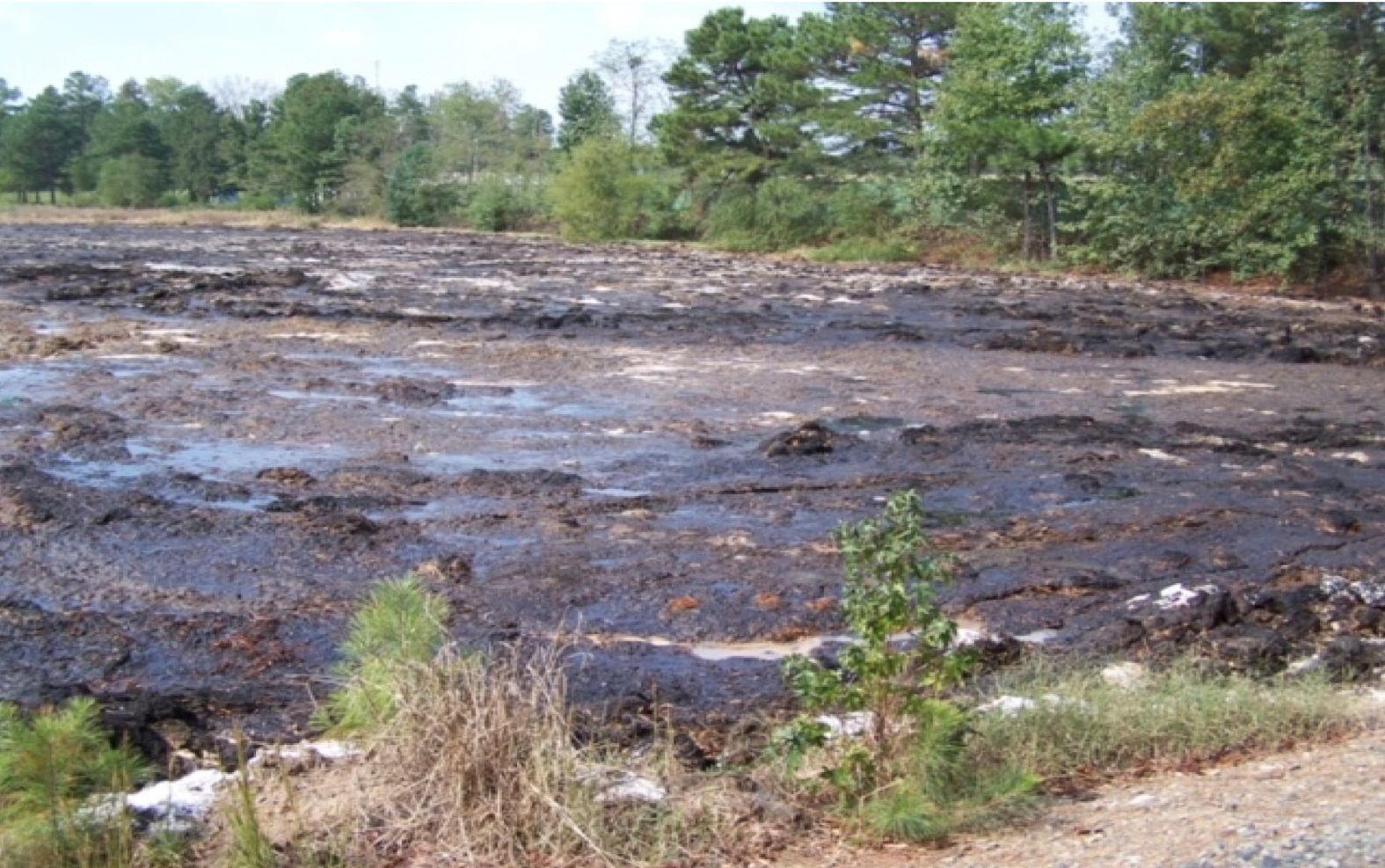Optimizing Efficiency in Wastewater Management: The Critical Role of Pre-Dewatering Processes
When it comes to managing wastewater effectively, the dewatering process is a pivotal stage that can determine the success of a treatment plant’s operations. It's a critical step, particularly in facilities such as municipal lagoons, industrial plants, and agricultural operations that handle high volumes of organic waste. The efficacy of dewatering lagoons – whether it's sludge from a municipal source, industrial sludge, or waste from poultry or hog production – greatly depends on the preparation that takes place before the actual dewatering begins. In this blog post, we’ll explore the vital pre-dewatering processes that can significantly enhance efficiency and cost-effectiveness in wastewater treatment.
**The Importance of Pre-Dewatering Analysis**
Dewatering a lagoon without adequate preparation is akin to sailing a ship without a compass. To navigate the complexities of wastewater treatment, a thorough understanding of the material to be processed is essential. This is where Nutrient and Volatility Analysis comes into play. These analyses provide a detailed snapshot of the waste's chemical makeup, informing treatment plants about the nutrient load and the biodegradability of the organic matter present. Such insights are crucial for determining the appropriate treatment protocols and ensuring that the dewatering process is tailored to the specific characteristics of the sludge.
**Mixing Requirements: Stirring Up Success**
Before dewatering can begin, the sludge must be homogenized to ensure that the dewatering process is uniform and efficient. Mixing requirements are therefore established to prevent the segregation of solids, which can lead to uneven dewatering and potential processing challenges. The aim is to create a consistent slurry that will respond predictably and effectively to dewatering techniques.
**Harnessing Biological Solutions: The Lab Trial Phase**
One of the most innovative aspects of modern wastewater treatment is the use of specific bacteria and enzyme treatments to enhance the dewatering process. But before these biological solutions are introduced to the full-scale system, a comprehensive Lab Trial is essential. These trials serve as a proof-of-concept stage where various bacterial and enzymatic treatments are tested to determine their efficacy in breaking down the organic matter. The results can guide the selection of the most effective microbial treatment, ensuring that the dewatering process is as efficient as possible.
**Understanding the Customer Timeline**
The treatment of wastewater is often subject to stringent timelines. Municipalities, industries, and agricultural facilities all have schedules to keep, and the dewatering process must align with these time constraints. Recognizing the Customer Timeline is integral to planning the pre-dewatering steps effectively, ensuring that all preparatory processes complement the client's operational schedule. This foresight is critical to minimizing disruptions and meeting the regulatory deadlines that govern wastewater treatment.
**A Closer Look at Cost Analysis**
Cost remains a decisive factor in wastewater management. Comprehensive Cost Analysis is imperative to ensure that the dewatering process provides the best return on investment. By evaluating the costs associated with nutrient and volatility analyses, mixing requirements, and the selection and application of bacterial and enzymatic treatments, treatment plants can make informed financial decisions. This economic overview must also consider long-term savings resulting from improved efficiency and the potential to recover resources from the waste.
**Dewatering: Beyond the Municipal Lagoon**
While municipal lagoon dewatering is a significant focus, it's essential to acknowledge the specialized dewatering needs of different industries. Industrial Sludge Bio-Dewatering, for instance, often deals with a variety of chemical and biological compounds that require tailored pre-dewatering preparations.
Agricultural waste presents its own set of challenges. With Chicken Plant Anaerobic Bio-Dredging, the emphasis is on managing high volumes of organic waste and ensuring that the dewatering process mitigates environmental impacts. Similarly, Hog Lagoon Bio-Dredging involves handling waste with high nutrient loads, necessitating careful preparation to ensure that dewatering is both effective and ecologically responsible.
**In Conclusion: The Key to Successful Dewatering**
The preparation stage before dewatering is not just a preliminary step; it's a series of well-orchestrated processes that set the stage for the efficient handling of wastewater. Through careful analysis, testing, and planning, Wastewater Processing companies can enhance their operational efficiency, meet regulatory requirements, and manage costs effectively. By prioritizing these pre-dewatering processes, treatment plants are not just processing waste—they are stewarding the environment and supporting the communities they serve.
For more information on how our pre-dewatering services can optimize your wastewater management, please contact us. Let us guide you through each step towards a more efficient, cost-effective, and environmentally friendly dewatering process.


